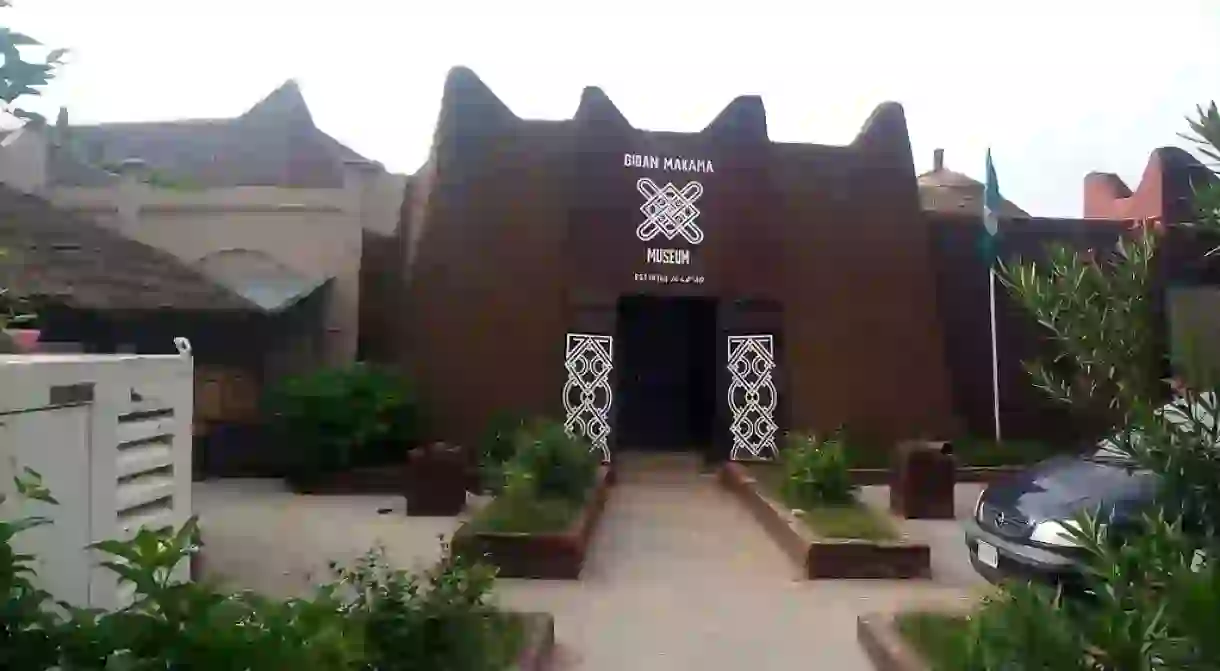10 of Nigeria’s Top Museums

As a tourist, regardless of whether or not you’re a history or art lover, it is recommended that you visit the local museum at your destination. If Nigeria happens to be your latest destination—temporary or permanently—below are ten of the country’s top museums in ten of its most popular cities. Mini caveat: The conditions of the museums may or may not be at their best as at when you visit, but be reminded; you’ll learn a lot.
Benin City National Museum
Museum

The Benin people were famous for their iron and bronze casting skills. Unfortunately, some of the relics from this time in the city’s history can only be viewed in pictures, as a result of a British offensive in 1897.
Calabar Old Residency Museum
Museum
Records and relics are carefully preserved and exhibited within the museum, which also provides visitors with a lovely scenery.
Esię Museum
This museum is Nigeria’s first, established in 1945. Its most renowned collection is its soapstone figures (said to be the largest in the world, with about 800 of them). You most likely will hear an interesting legend about the mysterious discovery of the collection upon your visit.
Esiẹ Museum is composed of both old and modern galleries with a combined number of around 2,000 artifacts. The modern gallery was built to accommodate other artifacts besides soapstone figures from different regions in Nigeria. Every April, the museum hosts a “monument festival” to celebrate its cultural history.
Location:
Esiẹ Museum, Esiẹ, Irepodun Local Government Area, Kwara State
Jos Museum
The Jos Museum is the second museum to be established in Nigeria after the Esie Museum, and was in fact originally the country’s national museum. Built in 1952 and located within the city’s hill resort, it is notable for its architectural arrangements and rich collection of exquisitely crafted pottery and ancient Nok terracotta sculptures.
Also on display are exhibitions of the tin mining and rail systems from Colonial Nigeria. The museum was founded by British archaeologist Bernard Fagg.
Location:
Jos Museum, PMB 2031, Jos City, Plateau State
Kaduna National Museum
Museum
Gidan Makama Museum Kano
Building, Museum

The museum’s architectural design is perhaps its most respected characteristic and achievement. Prominent amongst its exhibitions are ethnographic collections of the Hausa people and photographic documentation of the city.
Badagry Heritage Museum
Museum, Building

The one-story building built in 1863 houses eight galleries, all of which are named after the main periods of the slave era and form an interesting timeline for visitors. Both the museum and its immediate surroundings—such as the other family-oriented museums lined up on the street—make for a fascinating field trip.
Nigerian National Museum
Museum
Oron Museum
Oron Museum is home to some of the oldest wood carvings in the continent (known as “Ekpu”) as well as relics from the Nigerian Civil War, including Ojukwu’s bunker. It was initially established from 1958-59, but was lost to pillaging during the war. It was revived in 1975 and currently exhibits recovered wooden figurines, the cultural heritage of the local people, as well as other rare craftwork and ethnographic materials.
Website:

National War Museum
Museum
It is Abia State’s most significant tourist attraction. It is located at the former bunker that housed the popular war radio station “Voice of Biafra.”
Others
You can also check these out:
Owo Museum, Owo, Ondo State.
Kanta Museum, Argungu, Kebbi State.
Natural History Museum, Obafemi Awolowo University, Ile-Ife, Ife, Osun State.













